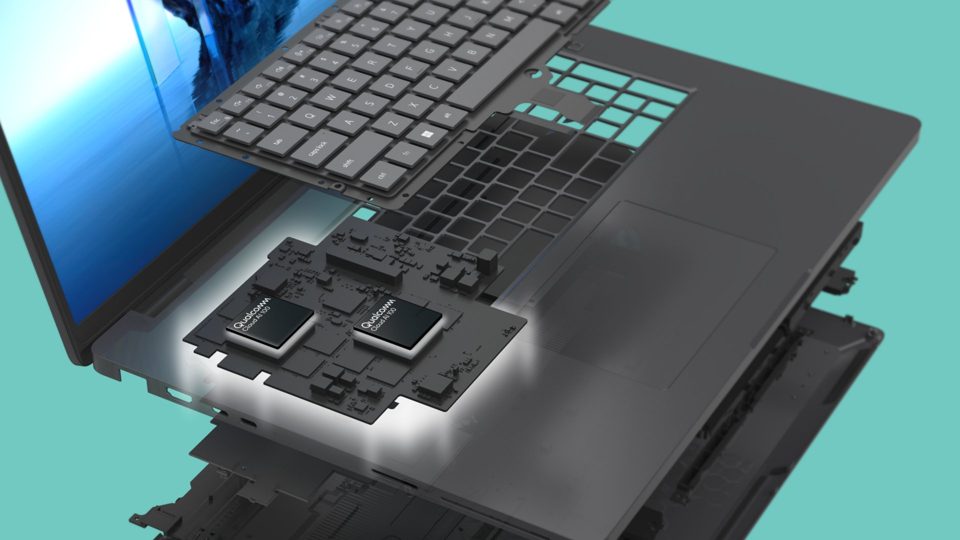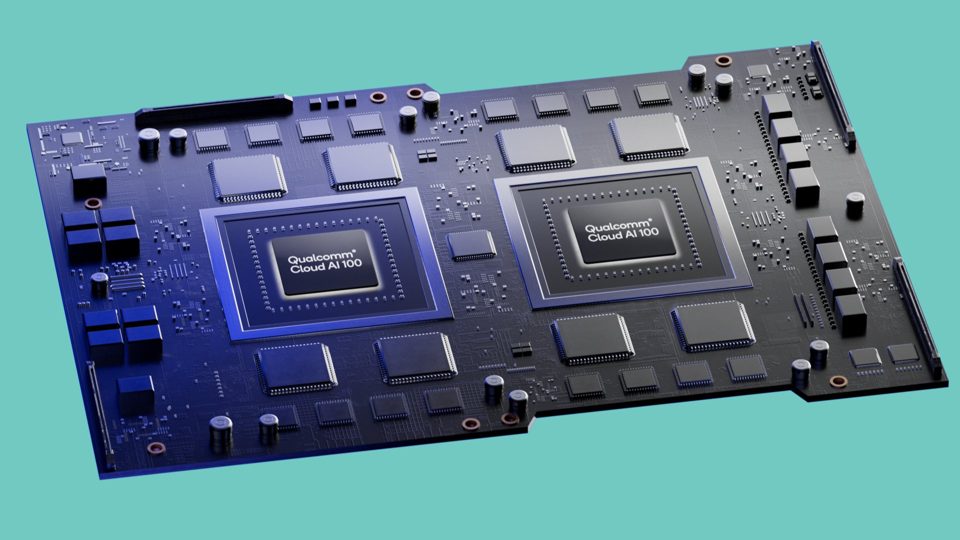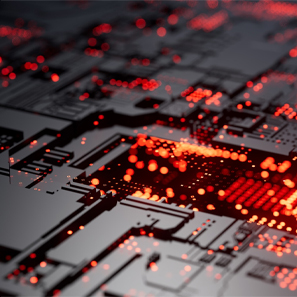
Key Takeaways from the Take Command Summit 2025: Inside the Mind of an Attacker
May 26, 2025
Defensive vs. offensive cybersecurity
May 28, 2025Dell Ditches the GPU for an AI Chip in This Bold New Workstation Laptop
Dell Ditches the GPU for an AI Chip in This Bold New Workstation Laptop
Dell just made a major play in AI hardware with its new Pro Max Plus workstation laptop, announced at Dell Technology World. Moving beyond conventional graphics chips for crunching big AI tasks, the Dell Pro Max Plus features discrete, enterprise-grade AI inference hardware based on a new neural coprocessor from Qualcomm. Built to run large, multi-billion-parameter AI models locally, the Pro Max Plus is a significant step forward for businesses that want to implement and test advanced AI tools. Here's everything else we know about this new beefy portable AI PC and how it's another herald of the imminent machine learning revolution.
Detailing the Dell Pro Max Plus AI Workstation
While the Dell Pro Max line includes the expected workstations with robust ISV-certified graphics and other pro-grade features, this spin-off Pro Max Plus workstation ditches the GPU entirely in favor of a discrete neural processing unit (NPU).

This dedicated NPU is a Qualcomm AI 100 PC Inference Card—the first enterprise-grade discrete NPU in a workstation laptop. Built for the usual workstation crowd of engineers, developers, and data scientists, this supercharged AI processor can run cloud-level AI models with billions of parameters on the device. Cloud-level AI models include certain chatbots, image generation tools, voice processing, and retrieval augmented generation (RAG) models that leverage your own selection of documents and data for proprietary business uses.
Qualcomm's hardware is packaged as a discrete expansion card, similar to a laptop GPU housing, but outfitted with 32 AI cores, 64GB of onboard LPDDR4x memory, and a thermal envelope of up to 150 watts. Because it's an NPU explicitly built for neural networks and AI inferencing, it promises to deliver better performance-per-watt than any comparable AI-capable GPU.
Many specifics about the new Pro Max Plus workstation laptop are still in the air. Dell wouldn't tell us a price or even commit to a screen size, saying only that it would be in the 16- to 18-inch range. Those details will surely firm up as we get closer to a launch later this year.

Locally run models also cut costs for maintaining or renting space in a server environment. These local models could also promote more rapid iteration as developers can now use AI anywhere to generate code in a secure and private environment.
Dell will also support this new workstation with its Dell Pro AI Studio ecosystem of AI tools, from foundation models and reference designs for building AI apps, tools for deploying AI models, and even management tools to let IT work with APIs and model updates for proper business support.
The Takeaway: An AI Laptop in a New Field of AI Boxes
Dell's move into powerhouse AI laptops is a bold play to jump the line, as several competitors have recently launched desktop AI boxes. These are so new that we don't have a good name for this emerging desktop PC category. (AI boxes? Mini supercomputers? Chime in down in the comments if you have any suggestions!)
The point is that this is nothing like a consumer-focus AI PC. It's built for prototyping and fine-tuning AI models or running cloud-level models locally. Whether a company wants to add AI features to its apps or an individual developer wants local AI for crunching numbers and vibe coding a new project without sharing data anywhere, these new machines deliver unbridled power, specifically built for AI.
Nvidia's DGX Spark puts a powerful GB10 card into a mini PC form factor, while the larger GB300 card is showing up in massive desktops, like the Nvidia DGX Station. The major PC brands are all following suit, rolling out their own AI workstations. (Dell is also on this trend, with its own Nvidia-powered Pro Max desktops.)
But Dell is the first (and so far only) company to do anything similar in a mobile workstation. This Qualcomm NPU in a discrete, mobile-ready form factor could be another turning point as the demands for AI development push past anything current systems can handle.
As Technovera Co., we officially partner with well-known vendors in the IT industry to provide solutions tailored to our customers’ needs. Technovera makes the purchase and guarantee of all these vendors, as well as the installation and configuration of the specified hardware and software.



